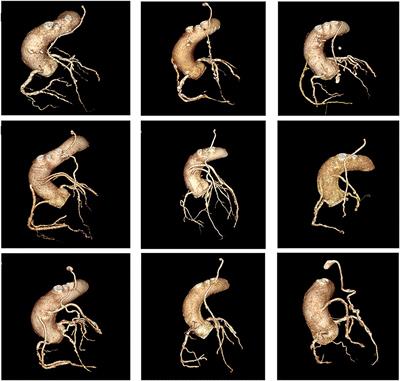REVIEW
Published on 02 May 2022
The Role of Multimodality Imaging for Percutaneous Coronary Intervention in Patients With Chronic Total Occlusions

doi 10.3389/fcvm.2022.823091
- 2,831 views
- 10 citations
15k
Total downloads
55k
Total views and downloads
REVIEW
Published on 02 May 2022

MINI REVIEW
Published on 24 Feb 2022

REVIEW
Published on 23 Dec 2021

REVIEW
Published on 29 Oct 2021

REVIEW
Published on 22 Sep 2021

REVIEW
Published on 30 Aug 2021

REVIEW
Published on 17 Aug 2021

ORIGINAL RESEARCH
Published on 15 Jun 2021

GENERAL COMMENTARY
Published on 10 Jun 2021
REVIEW
Published on 04 Jun 2021

SYSTEMATIC REVIEW
Published on 12 Mar 2021

ORIGINAL RESEARCH
Published on 15 Jan 2021
